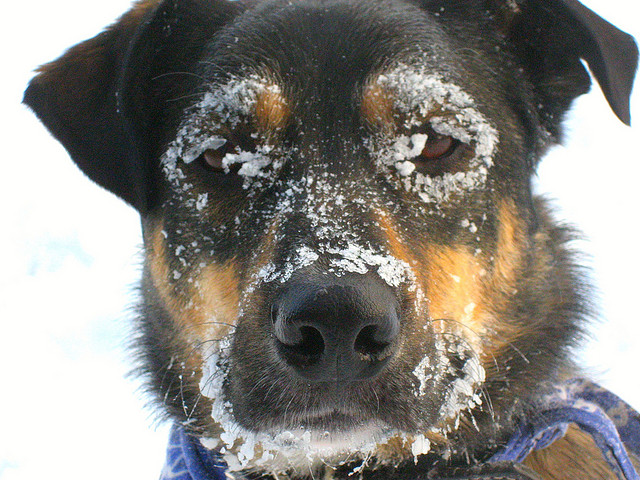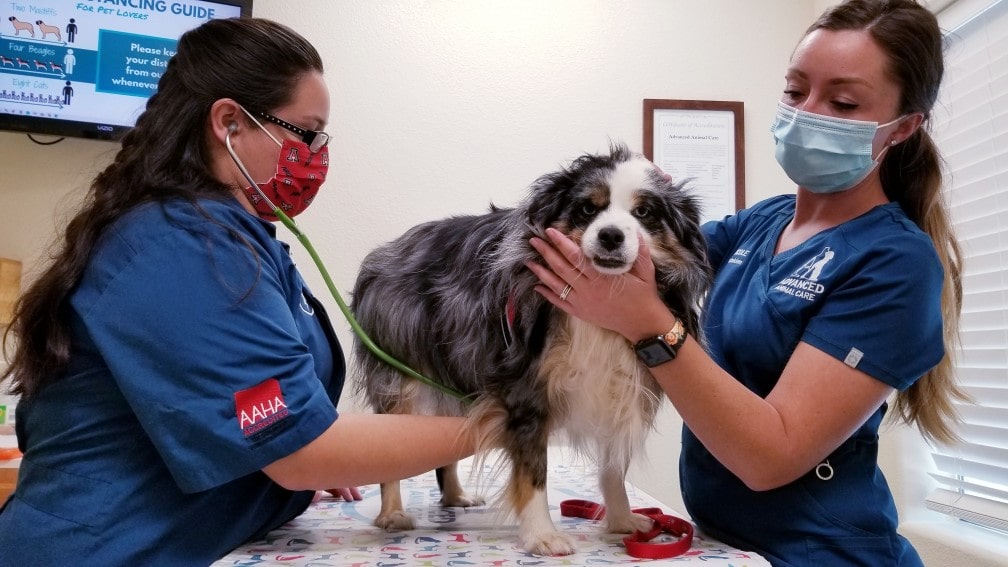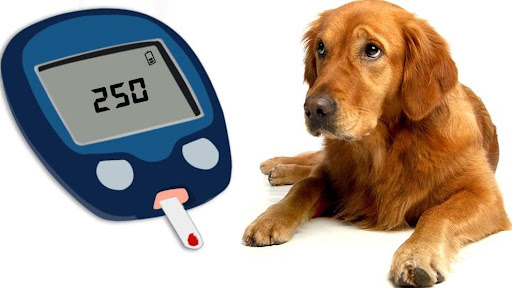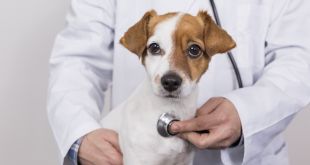Have you ever been worried after seeing your dog shiver continuously and not be able to find out the reason behind it? We’re gonna help you figure out the reasons behind your dog’s shivering.
Why do dogs shiver?
Shivering is not normal behavior for dogs. If the shivering happens non-stop or frequently, it could be a sign that your dog is suffering from a health condition, fearful, or stressed from a health condition that leads to shivering. Few causes that are not worrisome include the reaction to the cold and over-excitement.
There are many causes of shivering that you wouldn’t be aware of. Here are the ones you must know about.
11 Common Causes for the Dog Shivering or Trembling
1. GTS (Generalized Tremor Syndrome) or a disease like Distemper.
Generalized tremor syndrome was first noticed in small white dogs like Maltese. However, the reason behind this syndrome is quite a mystery to date.
It usually starts with pups between 9 months – 2 years. Veterinarians generally prescribe a corticosteroid to treat this syndrome.
With proper medication, improvement can be seen in a week. But a disease like a distemper which is caused by a virus, especially in young puppies who haven’t got vaccinations, could be fatal. Symptoms of distemper disease include:
- Discharge from eyes and nose
- High fever and uncontrollable shivering
- Coughing
Consult your vet immediately, if you see these symptoms in your puppy!
2. Your pooch is feeling cold
This is the most common reason behind your dog’s shivering. We generally assume that due to their fur coat, they can stand cold weather.
However, this isn’t completely true. Your dog does feel cold and shivering is a response to that. Puppies are the ones who feel cold the most like their natural insulation is still in the developing stage.
See Also: How To Take Care Of Dogs During Winter Season
3. Shivering out of fear/feeling scared
Dog’s also shiver when they feel threatened and scared. Dogs experience fear due to various reasons; it could be a thunderstorm, fireworks, etc.
You may have to put some effort in order to find out why or what is making your dog feel scared. After you find out the source, try to protect them from it.
4. Your dog is feeling dizzy or nauseous
Another reason behind your dog’s shivering could be motion sickness. It could also be due to eating something that causes dizziness or nausea. Reactions to certain pet medications can also cause dizziness among dogs.
See for the signs such as excessive drooling or lethargic behavior. This kind of behavior indicates that a dog is feeling nauseated, thus shivering! Check with your vet if the issue persists and get proper treatment for your dog.
5. Feeling excited
Yes, this is another reason that can cause your dog to shiver, but this kind of shivering is good! You can identify this kind of shivering whenever you’re pouring food into your pooch’s bowl or getting ready to take them out for a walk.
This is a perfectly normal response to something that excites them. The joy of anticipation that something good is going to happen makes them shiver with excitement.
6. Old age/bones getting weaker

As dogs get older, they develop tremors in their hind legs. This is a sign that their bones are getting weaker or they might be experiencing some pain.
Consult your veterinarian immediately if you see your senior dog shiver. Start feeding a calcium-rich diet to your dog today to keep your dog’s bones stronger.
See Also: The Best Sources Of Calcium For Your Dogs
7. Food poisoning
There are numerous foods that are poisonous to your pooch and can make them shake uncontrollably.
- Chocolates: They are highly poisonous to your dog.
- Foods (candies) that contain sugar substitutes such as Xylitol are highly toxic for your dog.
Smoking in presence of your dog can also cause them to shiver. Contact or visit your vet immediately if you think any poisonous food is the reason behind your dog’s shivering.
See Also: Foods That You Cannot Share With Your Pet Dog
8. Anxiety
Anxiety is not ‘normal’ for dogs but is quite common. In fact, more than 70 percent of dogs end up suffering from some anxiety – whether separation anxiety or something else. If your dog is prone to anxiety, general stress and fear may be the root of your dog’s shaking.
As per the experts, the emotions of anxiety, stress, or fear can be just as intense in dogs as in humans. It may also lead to manifest shaking in them. The reason is that stress hormones like cortisol are released when a dog is stressed, fearful, or anxious.
It may lead to muscle-shaking as the body prepares for flight or fight. You may also notice that your dog seems jumpy, hides, and doesn’t eat. They may also become aggressive if they feel these strong emotions.
9. Distemper
Dogs receive a distemper vaccination at the vet’s office every three years from when they are a puppy. A serious and contagious disease caused by a virus that attacks the nervous, gastrointestinal, and respiratory systems of dogs and puppies. It could be a serious illness, which is why most vets vaccinate for it preemptively.
10. Pain
When a dog experiences pain from illness or injuries, any symptom can act as an indicator. The dog’s body may produce the stress hormone in excess as a trauma response to the injury. It may cause inexplicable shaking.
You must inspect your dog to see if they have any superficial injuries. Remember to note any additional behavior that may be a pain response: stiffness, limping, scratching, obsessive licking, crying, panting, flat ears, low posture, aggression, and loss of appetite.
11. Seizure disorders
Seizures are quite rare in dogs and usually indicate a serious medical issue. Seizures present as much as shaking can, but there are fewer key differences.
The most common seizure disorder in dogs is idiopathic epilepsy, a genetic disorder that causes exact of which is unclear. However, other medical conditions may also cause a seizure, including tumors, brain trauma, kidney failure, liver, and exposure to poisonous toxins.
Unless there is an environmental reason leading to your shivering, like the pet came in from the cold or is excited when someone comes to the door, shivering in dogs indicates a medical condition that requires a vet’s care and opinion.
Call your vet immediately if you suspect your dog is shivering.

 DogExpress
DogExpress
























 in Chandigarh, India.
in Chandigarh, India. 
